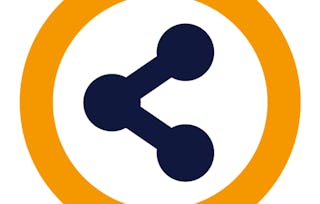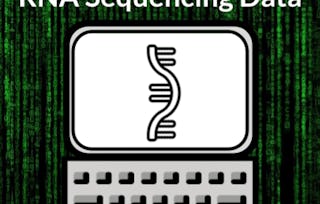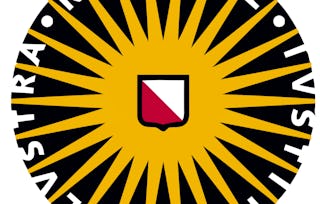Welcome to the Erasmus University Rotterdam Open Science MOOC! This course aims to empower researchers and research support professionals with foundational knowledge to conduct, support, and disseminate research efficiently and responsibly.
即将结束: 只需 199 美元(原价 399 美元)即可通过 Coursera Plus 学习新技能。立即节省

您将获得的技能
要了解的详细信息

添加到您的领英档案
7 项作业
了解顶级公司的员工如何掌握热门技能

该课程共有8个模块
In this module, we will talk about the history and foundational ideas of open science. We will then explore similarities between open science principles and ethical standards of research. Finally, we will highlight the benefits of open science for individual researchers, research disciplines, and society.
涵盖的内容
4个视频1篇阅读材料1个作业
In this module, we will talk about the definition and history of open access. We will learn the most common types of open access, and we will highlight the benefits of open access for individual researchers and society.
涵盖的内容
4个视频1篇阅读材料1个作业
In this module, we will talk about the definition of research data and what does open data means. We will then learn about the FAIR principles and finally we will talk about data repositories.
涵盖的内容
3个视频1篇阅读材料1个作业
In this module, we will talk about the definition of research materials and what does open materials is. We will then learn about examples of materials and how can researchers share these materials.
涵盖的内容
3个视频1篇阅读材料
In this module, we will introduce preregistration and highlight its usefulness by using clinical trials as an example. We will also introduce a special article format called Registered Reports and show how it can help mitigate cognitive biases and issues associated with current incentives in academic publishing.
涵盖的内容
3个视频1篇阅读材料1个作业
In this module, we will introduce open educational resources, we will present a few examples and discuss the benefits and challenges of creating and using Open Educational Resources.
涵盖的内容
2个视频1篇阅读材料1个作业
In this module, we will explore the connection between engaged and open research, we will present ways and examples of this connection and discuss the process and challenges of Open Engaged Research.
涵盖的内容
3个视频1篇阅读材料1个作业
In this module, we will explore some new trends in the evaluation of research performance. We will briefly describe the current evaluation practices to highlight why open science offers a new perspective on research evaluation on three different levels: individual, institutional, and international.
涵盖的内容
2个视频1篇阅读材料1个作业
位教师



从 Governance and Society 浏览更多内容
 状态:预览
状态:预览Erasmus University Rotterdam
 状态:免费试用
状态:免费试用Fred Hutchinson Cancer Center
 状态:免费试用
状态:免费试用Fred Hutchinson Cancer Center
 状态:免费
状态:免费Utrecht University
人们为什么选择 Coursera 来帮助自己实现职业发展




学生评论
18 条评论
- 5 stars
72.22%
- 4 stars
27.77%
- 3 stars
0%
- 2 stars
0%
- 1 star
0%
显示 3/18 个
已于 Jun 23, 2025审阅
Great overview of everything that is important regarding Open Science!
已于 May 29, 2025审阅
Big science has historically been controlled and funded by the rich and powerful. Can open science change that?
常见问题
To access the course materials, assignments and to earn a Certificate, you will need to purchase the Certificate experience when you enroll in a course. You can try a Free Trial instead, or apply for Financial Aid. The course may offer 'Full Course, No Certificate' instead. This option lets you see all course materials, submit required assessments, and get a final grade. This also means that you will not be able to purchase a Certificate experience.
When you purchase a Certificate you get access to all course materials, including graded assignments. Upon completing the course, your electronic Certificate will be added to your Accomplishments page - from there, you can print your Certificate or add it to your LinkedIn profile.
Yes. In select learning programs, you can apply for financial aid or a scholarship if you can’t afford the enrollment fee. If fin aid or scholarship is available for your learning program selection, you’ll find a link to apply on the description page.
更多问题
提供助学金,




